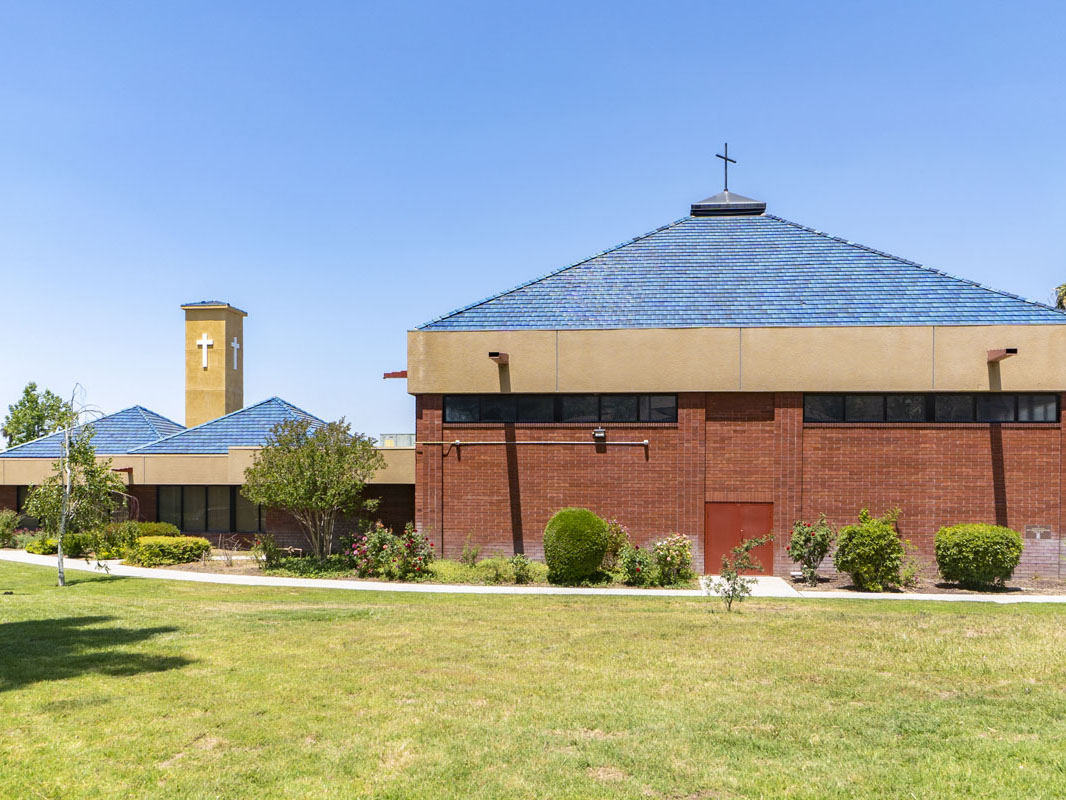
Whether Californians like it or not, Gov. Gavin Newsom seems committed to slowly reopening the state. As part of this multi-staged reopening, services that are technically considered non-essential, including places of worship, may see partial reopenings as well, allowing people of faith to congregate in person once more, though they would be doing so not only at their own risk, but at the risk of everyone around them.
The number of new infections seems to be slowing down, but the COVID-19 pandemic is in no way over and now is not the time to ease up on safety restrictions. This is especially important for places of worship. These religious services tend to attract large numbers of people, and many of those people who regularly attend them are over the age of 65, putting them at an increased risk of suffering the worst effects of the virus. As frustrating as a continued quarantine may be for people of faith, however, they need not despair. Video conferencing services offer a valuable and safe way to continue meeting with like-minded individuals during the quarantine. That way, they will still be around to meet in person once the pandemic is brought under control.
For those among us who are deeply religious, it is undoubtedly scary to be separated from those who share your faith. People all around the country are undergoing an unprecedented experience of social isolation, grief and financial insecurity. Surely, a pandemic of this scale has caused immeasurable collective trauma. During times like these it is only natural to turn to one’s faith for comfort.
But many of our politicians don’t just want to reopen these worship locations because it is the right thing to do; the decision is often politically motivated. Despite originally stating that he would defer judgment to state governors during the reopening process, Donald Trump declared on May 22 that places of worship constitute essential services and that they must be reopened “right now.” This declaration follows increased pressure from California religious leaders to reopen their doors and represents an effort to attract conservative voters. Just as California businesses should not be reopening solely for the benefit of the economy, neither should our places of worship reopen solely for the benefit of our politicians.
As sorry as a substitute for in-person services they may be, video conferencing and streaming services such as Zoom and GoToMeeting offer ways of communing from the safety and comfort of one’s own home. Worship services and sermons are being held via Facebook livestream and some churches have gone so far as to upload bible study videos to their websites for ease of access. For older, less tech-savvy congregants, some churches have decided to broadcast their services to their parking lots via FM transmitters, allowing people to listen in from the safety of their own cars. Likewise, many mosques, unable to celebrate Ramadan in a traditional sense due to quarantine, have opted to hold prayer sessions via Zoom.
Still, there is no denying that these are grave times. Most religions place a heavy emphasis on physical togetherness and fellowship, and this loss of intimacy will undoubtedly be felt. People should not be forced to turn on their webcams to celebrate Ramadan or a seder; people should not be forced to bury their loved ones in the absence of their family and clergy and people should not be forced to worship in a virtual environment. Unfortunately, however, that is the best we can do at the moment. Even so, we must not lose hope. As the pandemic persists, more places of worship would do well to adopt these remote methods for meeting in place of in-person meetings.
None of this is ideal, but no part of the COVID-19 pandemic is ideal. Still, if there is any chance of you going to your place of worship tomorrow, you will have to stay at home today. It would not only be unwise to reopen these buildings, it would be incredibly dangerous. If places of worship are allowed to reopen we must urge California’s religious leaders to proceed with caution and acknowledge the risks they will be taking if they do choose to open their doors; they aren’t just spiritual guides anymore. They very literally hold the lives of their congregations in their hands now.







